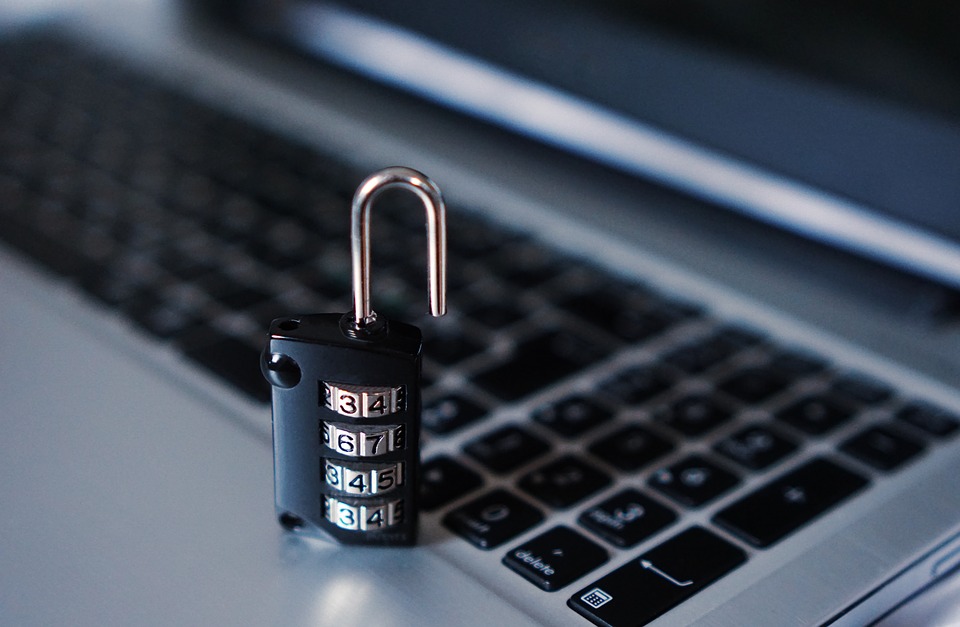
Whether you’re a full-blown digital nomad who merely needs a table (actually, any flat surface will do) and wi-fi access to make a living, or you’re a part-timer who occasionally dabbles in the digital nomad lifestyle, there is some good news and some bad news.
The good news is stuff that you already know: yes, things can get noisy, crowded, and power outlets can be more precious than gold, but it’s still much better than toiling away in a tiny, stuffy cubicle day after day…month after month…year after year.
However, the bad news is that cyber criminals don’t care that digital nomads aren’t big enterprises with deep pockets. As such, they’re targeting victims who connect to the web and internet through public wi-fi access points. And we’re not just talking about commercial spaces like coffee shops and shopping malls. Libraries, airports, universities, hospitals and the like are fair game as far as hackers are concerned.
As such, it’s important — actually, make that essential — for digital nomads of all stripes to boost their cyber security game, and one of the smartest ways to do this is with a VPN, which stands for a virtual private network.
Essentially, a VPN takes internet traffic between an endpoint — such as a laptop, tablet or smartphone — and a server, and routes it through an encrypted virtual tunnel. As a result, hackers can’t easily peek at the data in order to steal login credentials, commit identity theft, and in some extreme cases wreak so much financial havoc that their victims must file for bankruptcy protection. (By the way, hopefully you or someone close to you will never be in this situation, but if so you’d be wise to head to charleshuberlaw.com to learn more about your options.)
Now, you may have noticed that we used the word “easily” in the paragraph above. This is because VPNs don’t make people invisible. Sophisticated, highly-funded cyber criminals can (eventually) breach pretty much any VPN. However, when they’re targeting digital nomads, hackers will typically ignore those with VPNs in order to attack those with weaker (or non-existent) defenses. It’s similar to how burglars will skip homes that have state-of-the-art security systems, and instead target homes that just have a lock on the fence or door.
As you’ll quickly discover, there are many different VPN vendors out there. Some offer free versions, while others charge anywhere from a few bucks a month, to hundreds of dollars a year. Obviously, the paid versions are more secure and have more features, but you may not necessarily need all of them. It depends on what you do on the web and where you go. To get a clearer sense of what’s best for your needs, check out PCWorld’s review of leading VPN services.
With the right tools and some good old fashioned common sense (for example, you’re using strong passwords and changing them periodically, right?), the closest you’ll hopefully get to data breaches is reading about them online — not being on the receiving end of a cyber attack!